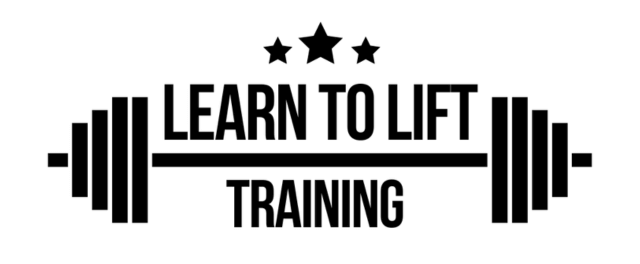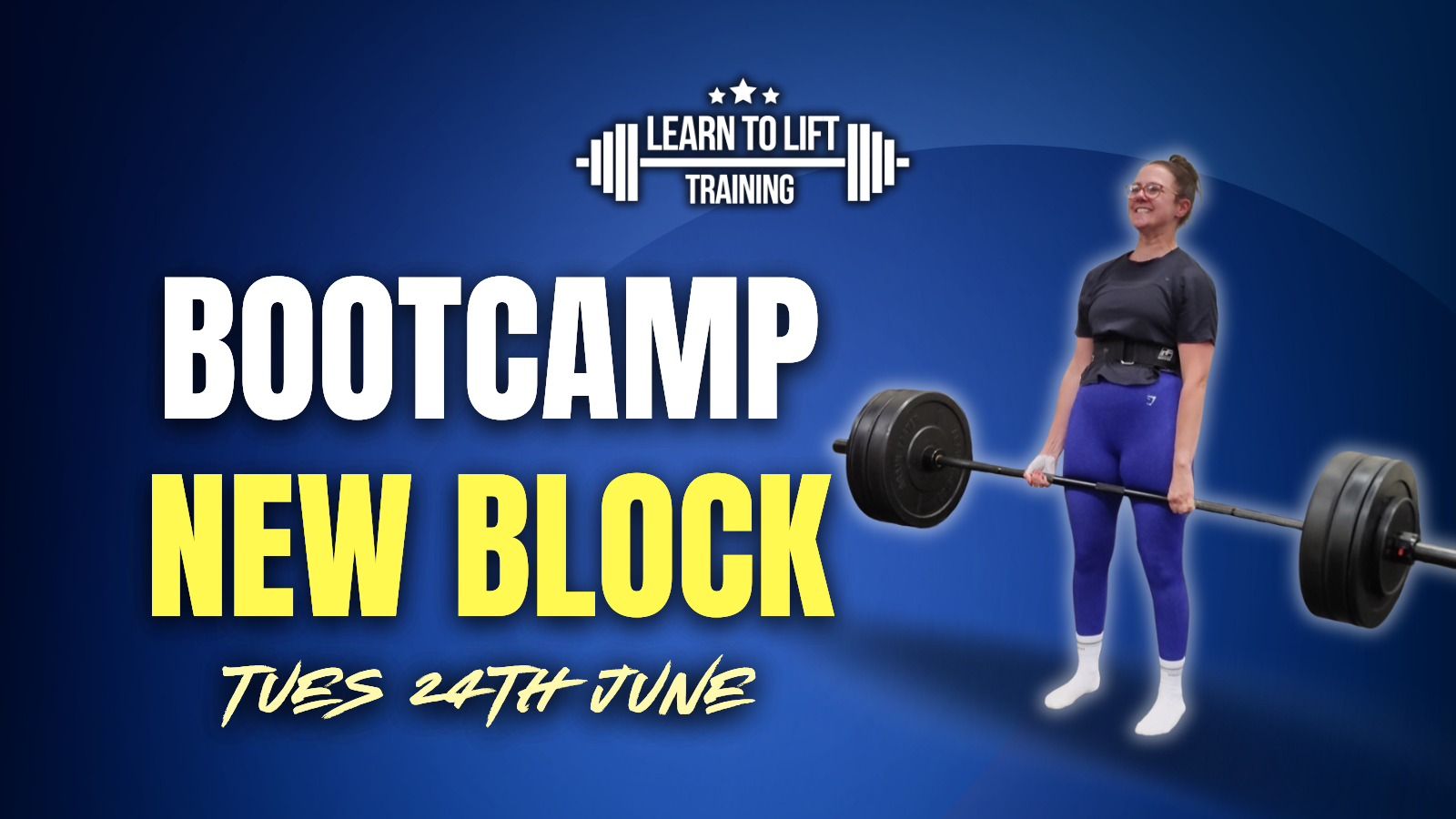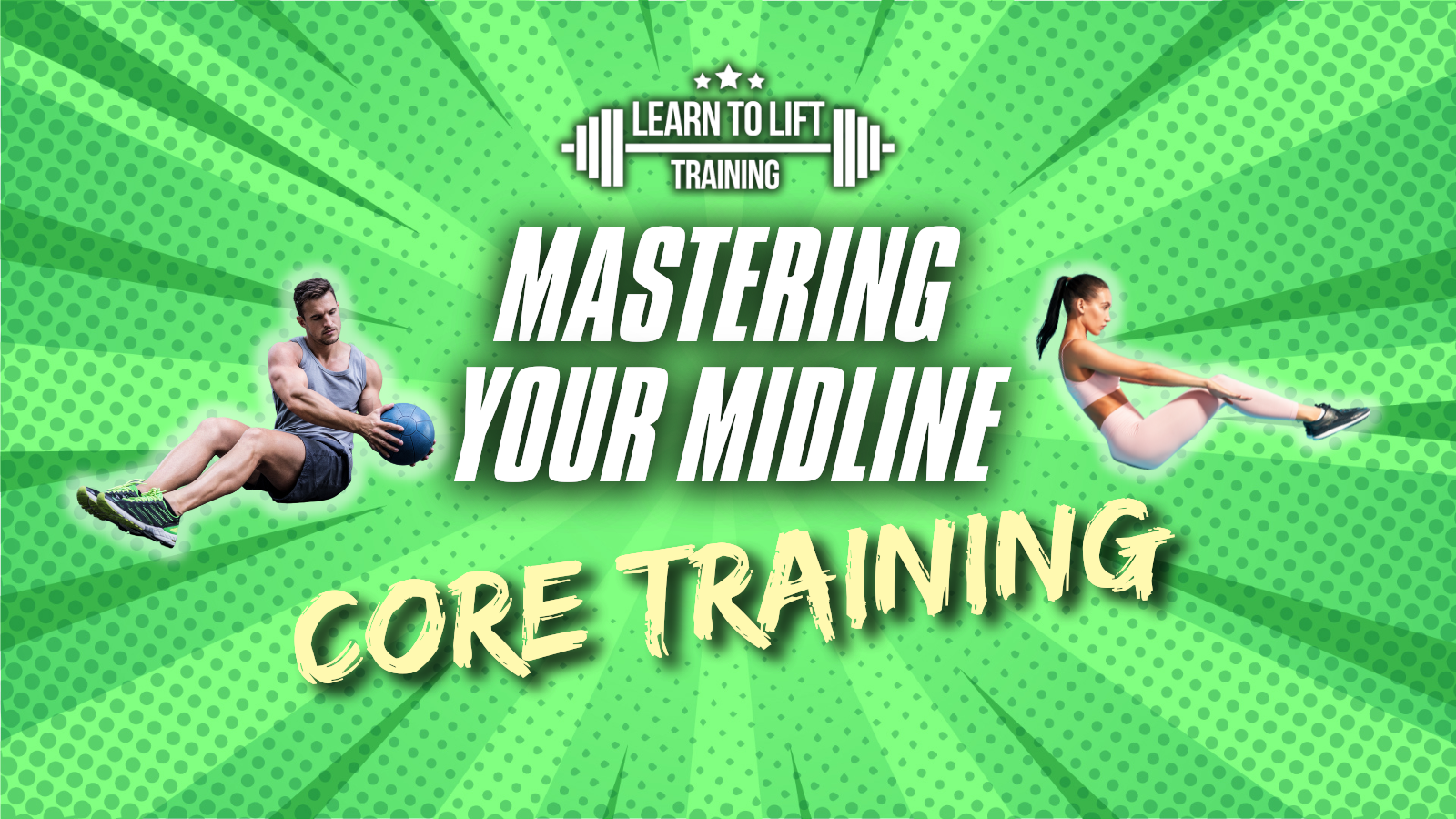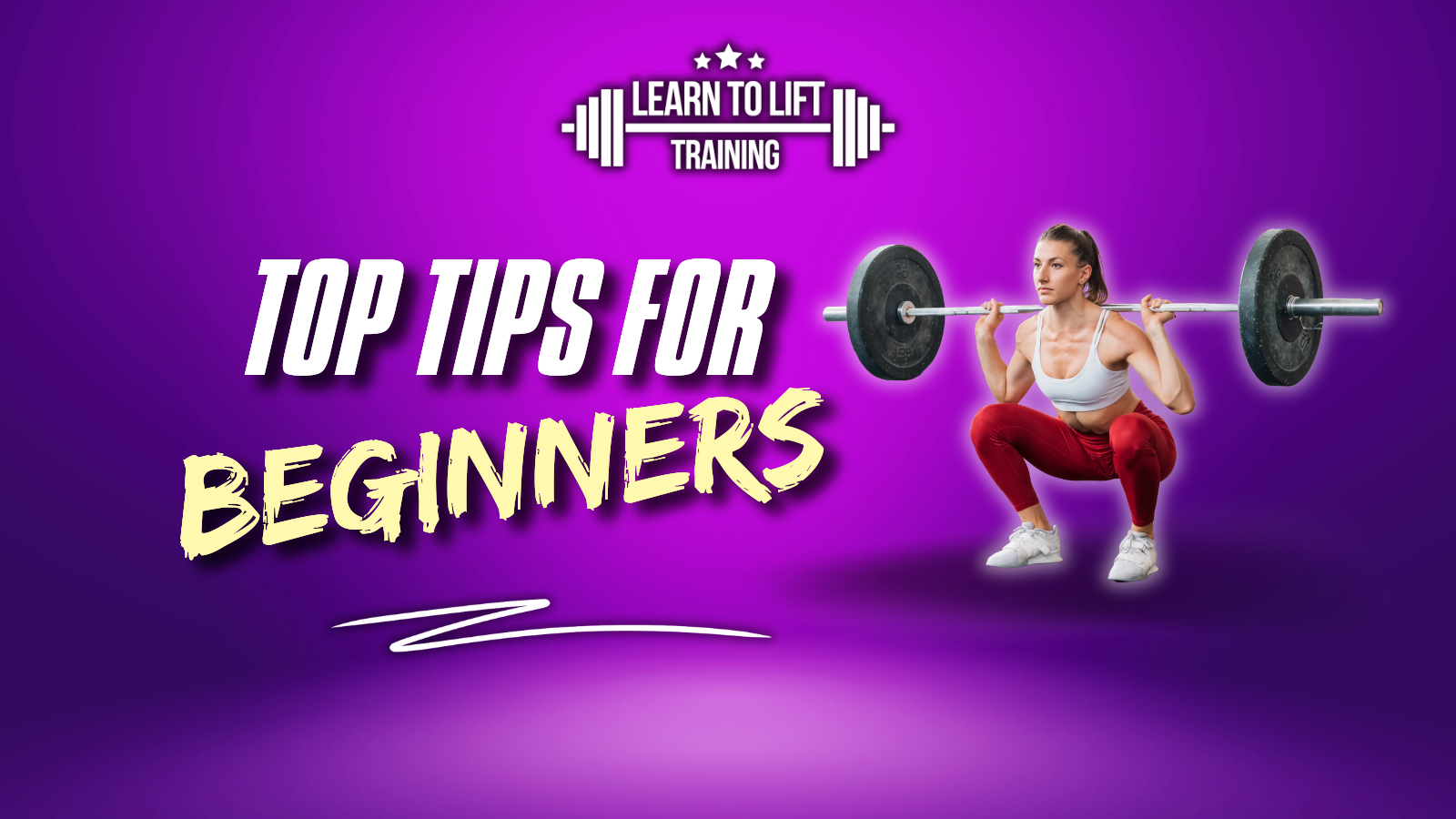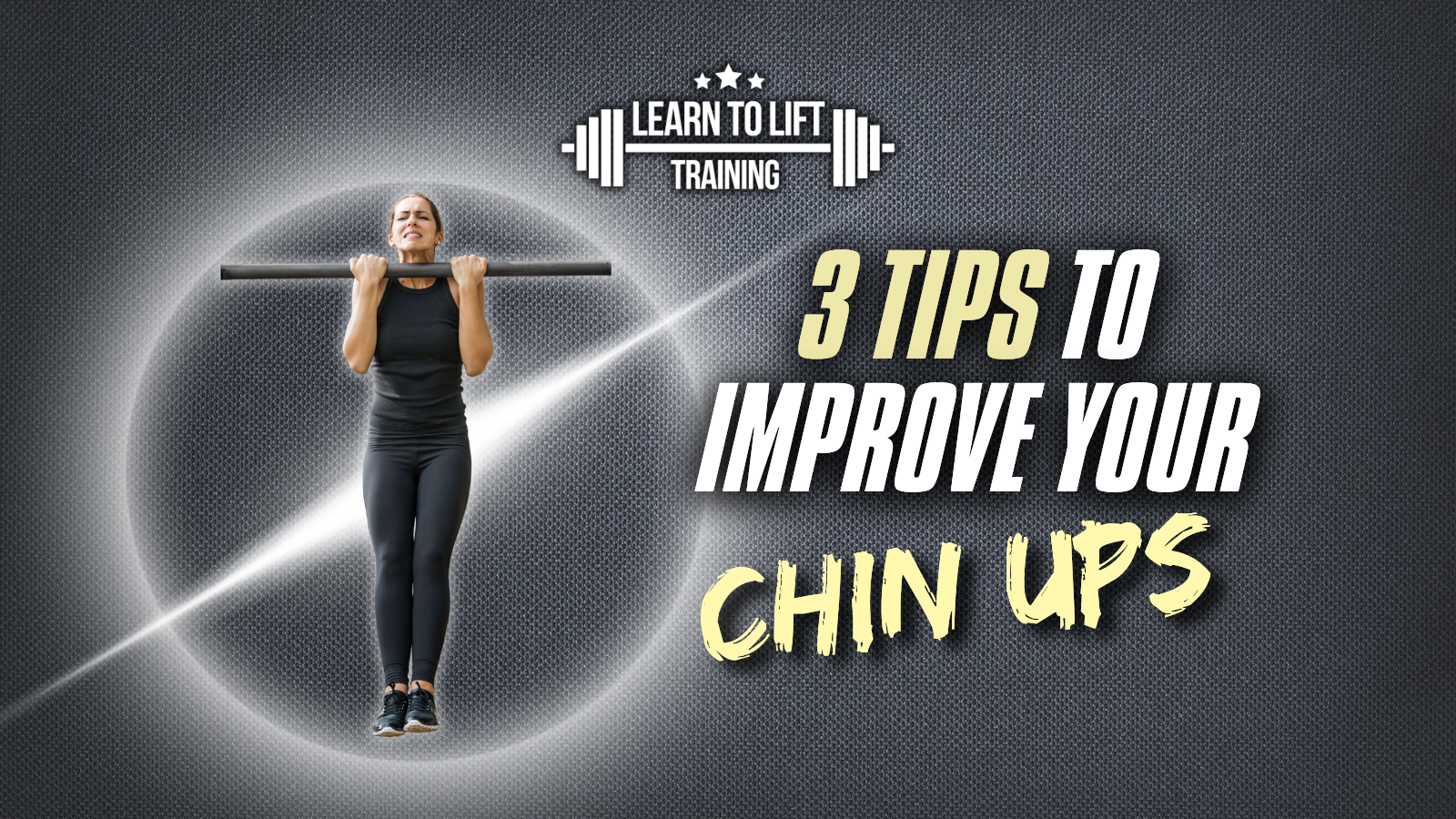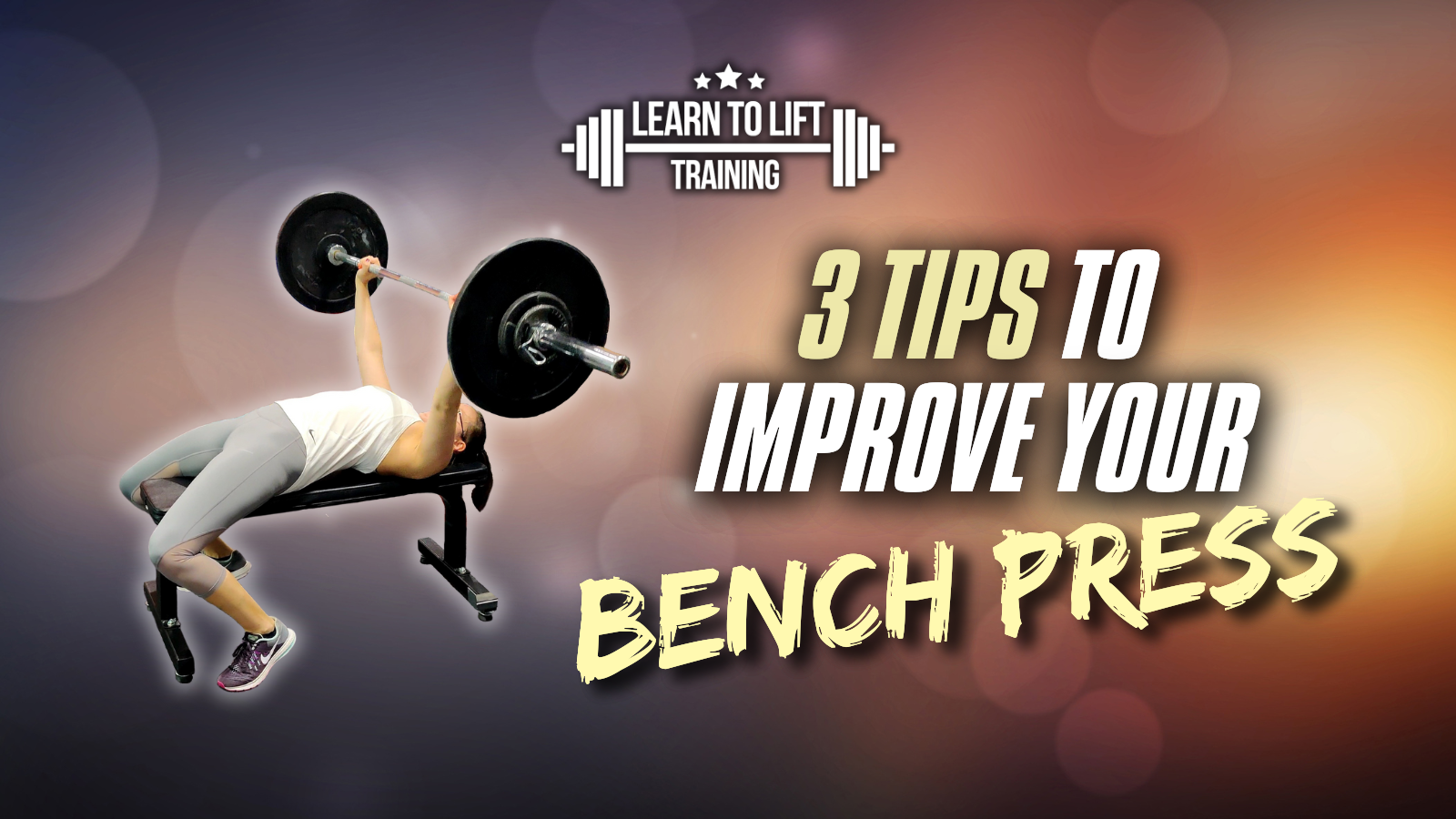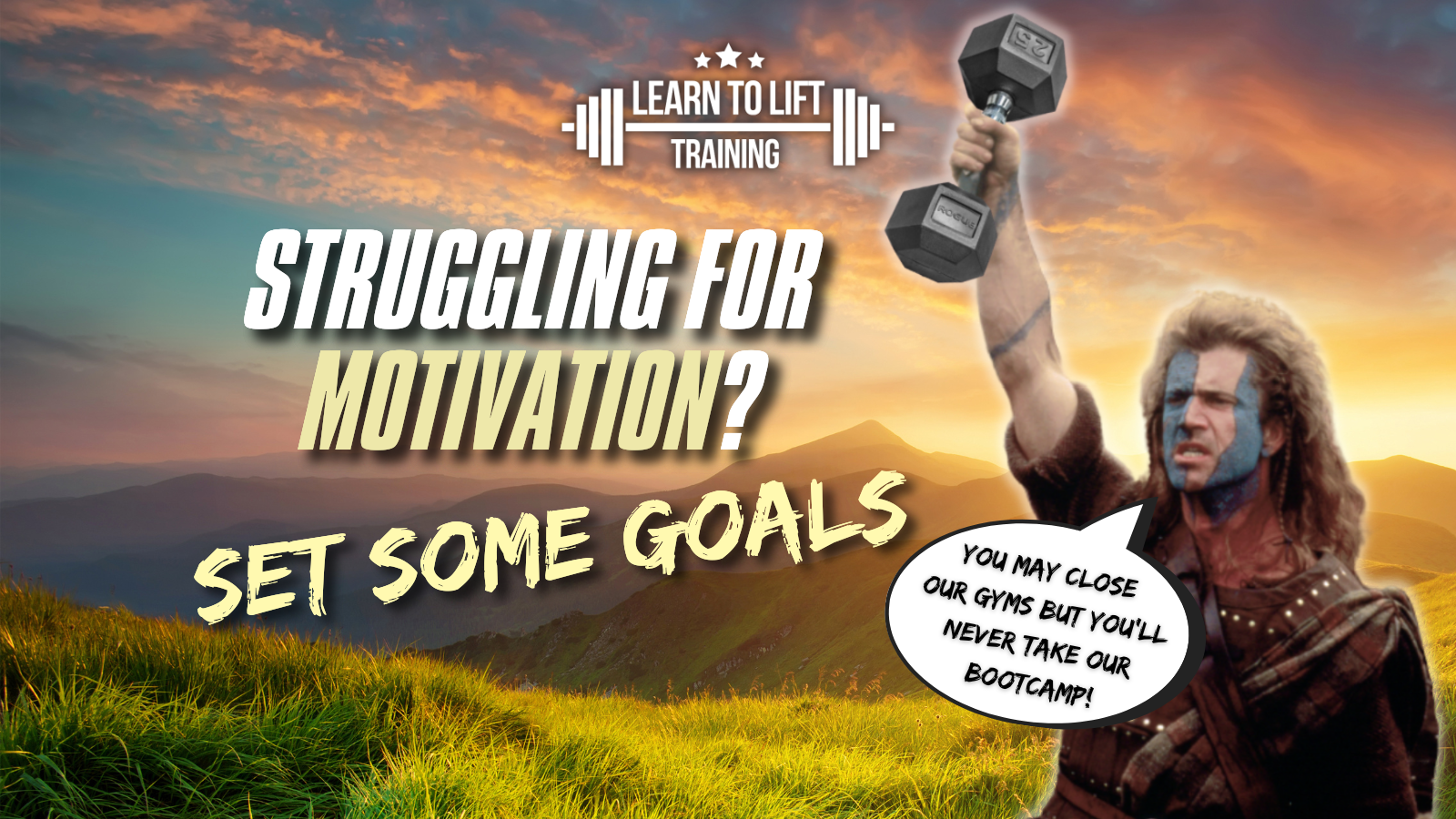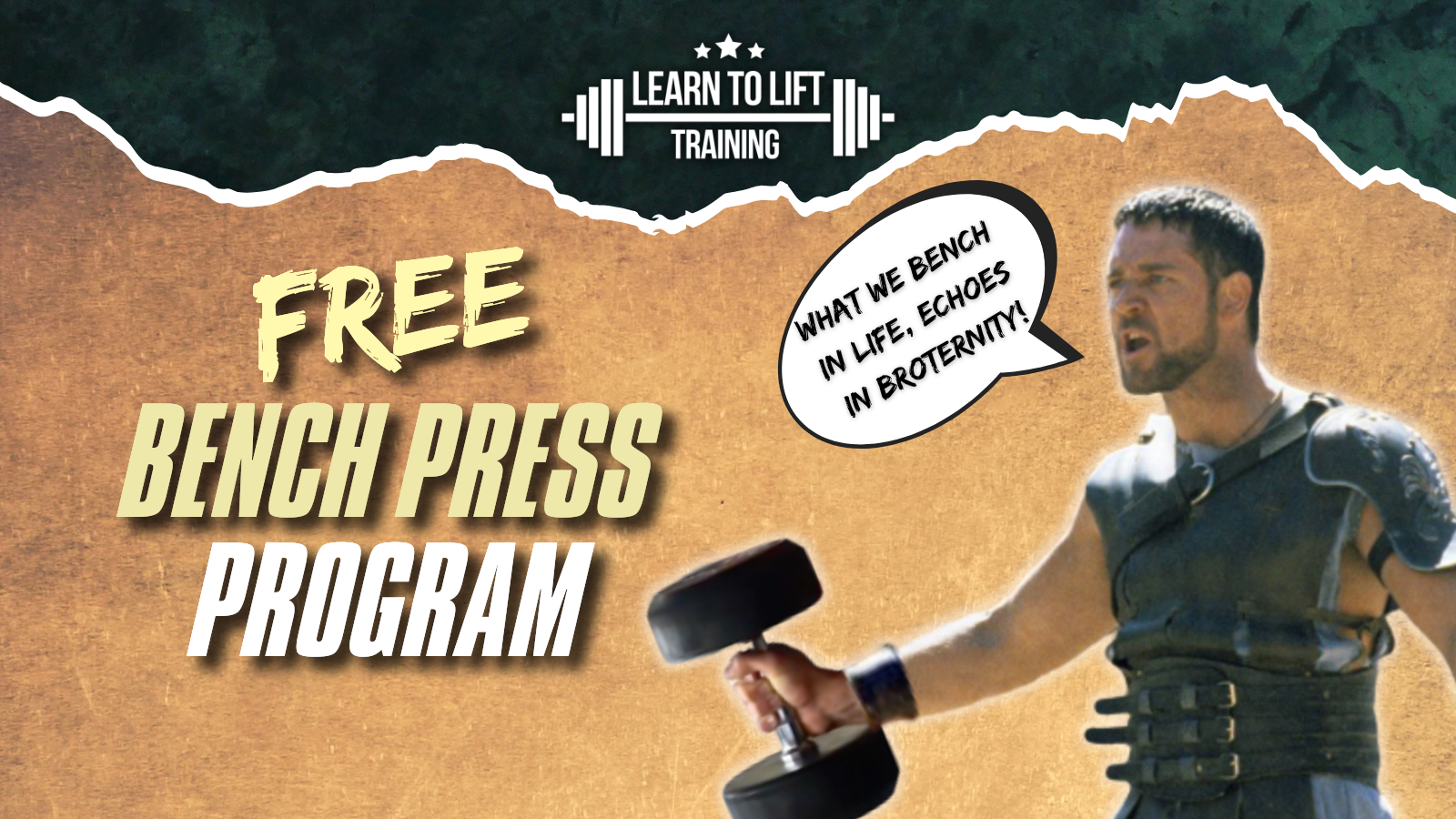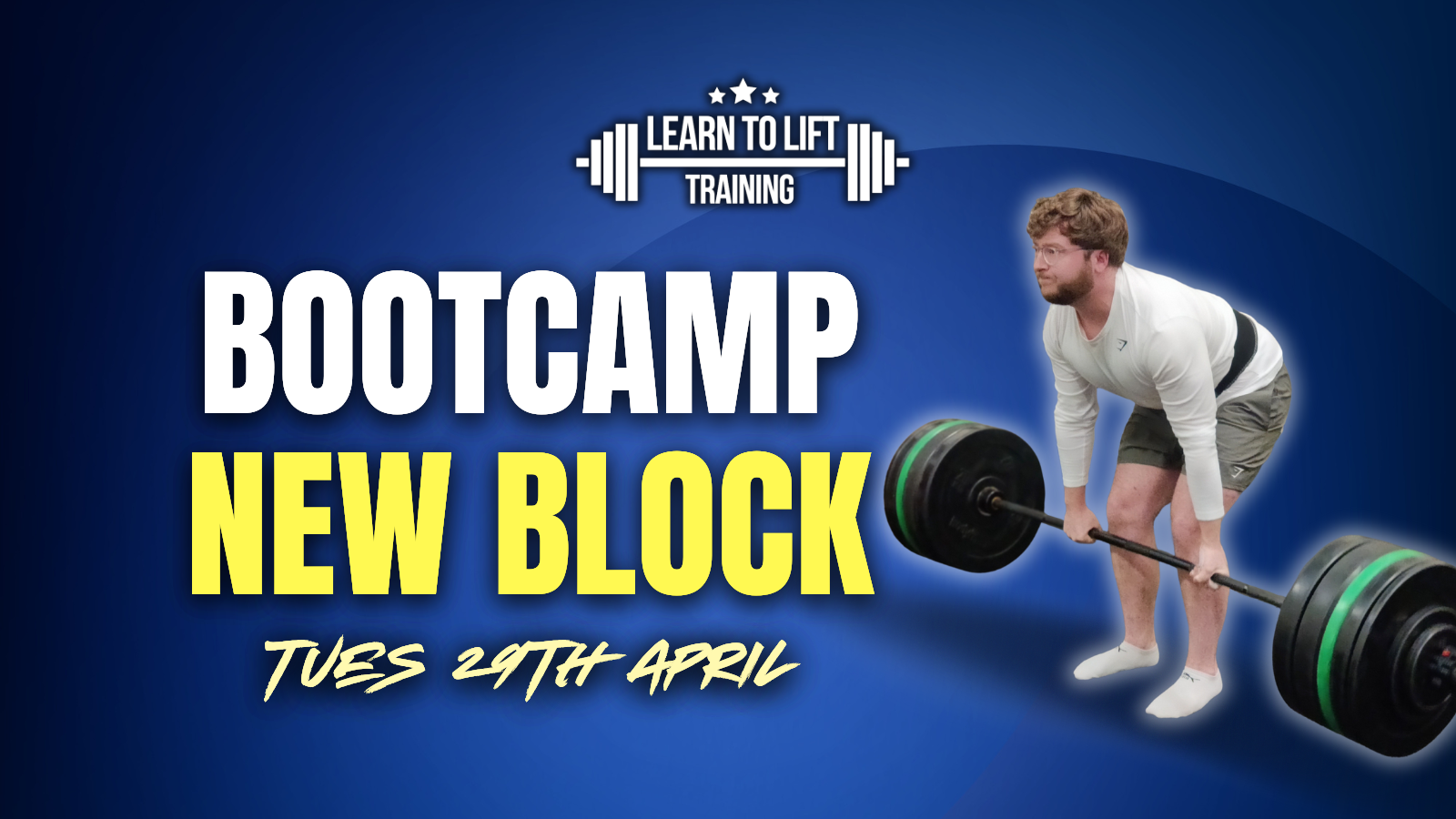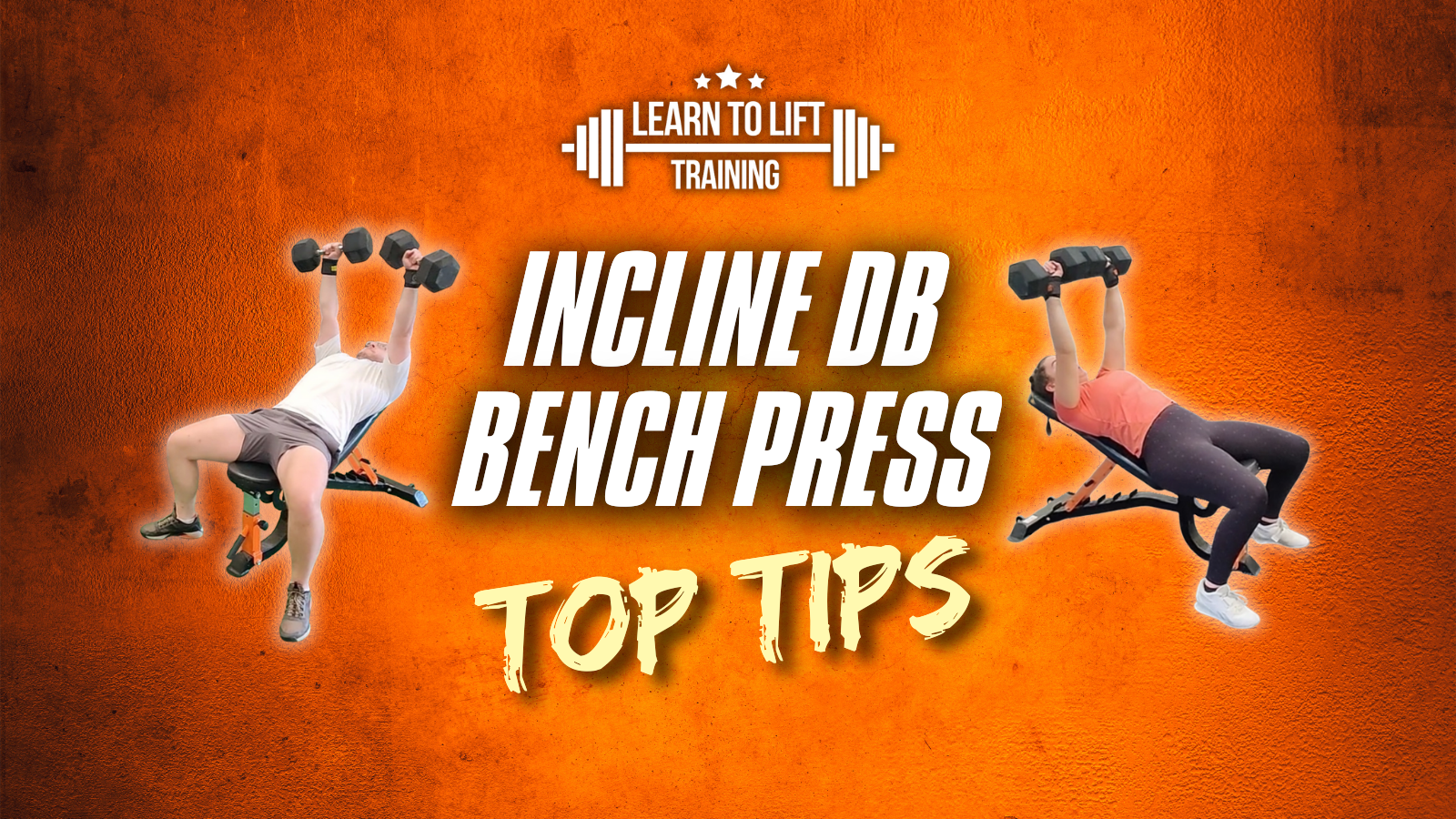3 Things That Helped Me Build My High Bar Squat
3 Things That Helped Me Build My High Bar Squat
Squats were never a lift that I took naturally to. In fact in my first ever Powerlifting competition I squatted 155 kg and pause benched 150 kg. A ratio that is pretty ridiculous in all honesty, your squat should far exceed your bench press!
However, I have grown to love squats over the years and enjoyed the challenge of turning a glaring weakness into a strength. It certainly hasn't been easy, especially as I drifted away from the classic Powerlifting low bar squat to the much harder high bar squat.
This was again a challenge I grew to relish and I'm glad to say that I have become pretty good at the lift. In the last 2 years I have taken my 5 rep max from 170 kg to 200 kg. Not world record standard by any means but still no easy task given my bodyweight and the years I have been training (normally progress tends to come a lot more slowly the longer you have been training and the more advanced you become).
In the hope that you can successfully implement them into your training, here's my top tips based on the things that helped me build my high bar squat.
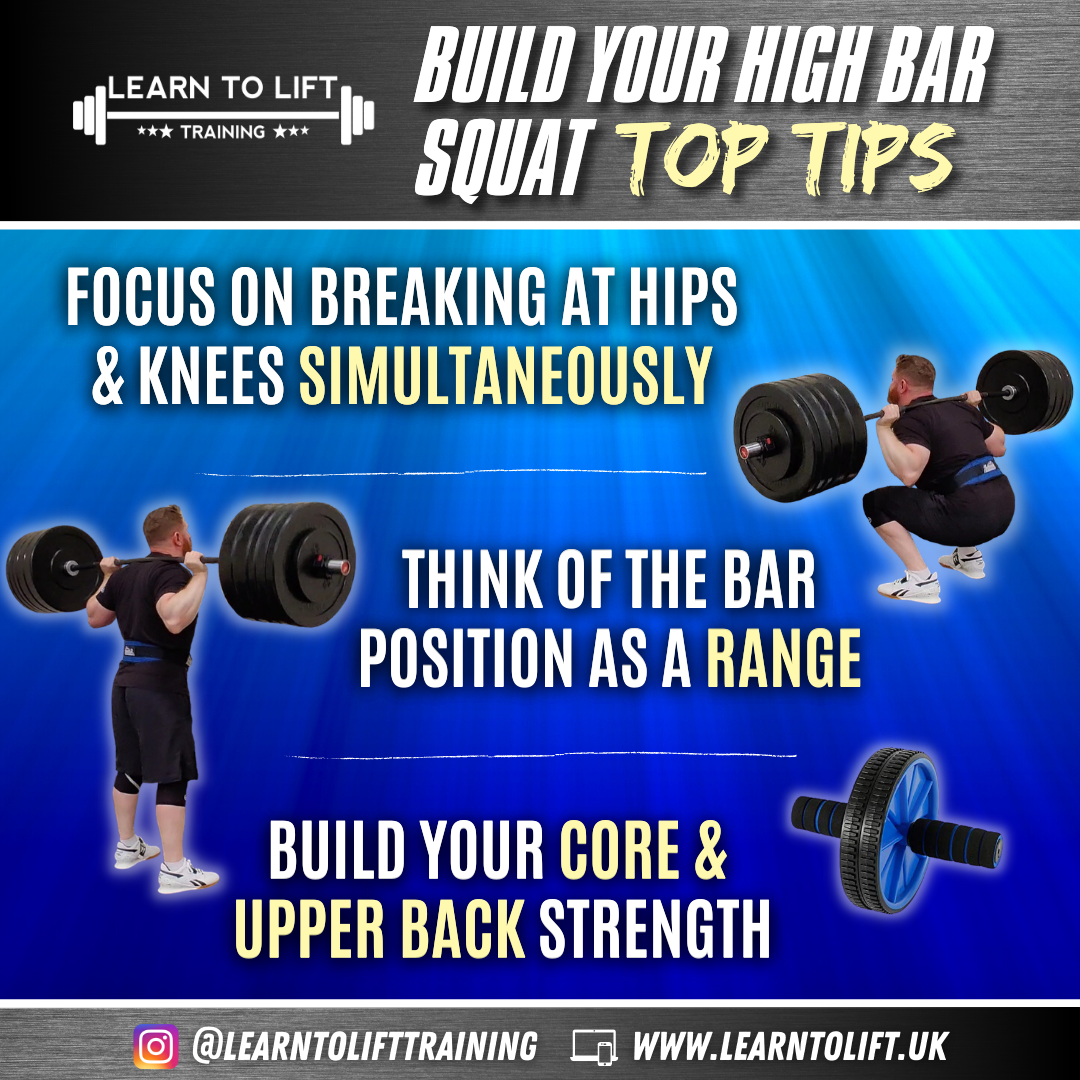
1. Focus On Breaking At The Hips and Knees Simultaneously
It was very common in years gone by to hear about beginning a squat by breaking at the hips and sitting back into it. Whilst this is a valid technique for low bar Powerlifting style squats (although not our preferred one even for these), it's most definitely not the best approach for a high bar squat.
A high bar squat requires a much more upright torso position and what really helped me a lot technique wise was drilling the timing of breaking at the hips and knees simultaneously as I sat into a squat. This created a much more favourable body position and ultimately helped me unlock a lot of progress on the lift.
Spend time practicing this and hopefully it can do the same for you.
2. Think Of The Bar Position As A Range
On a high bar squat the bar position is generally thought of as sitting on the traps. However, it doesn't need to sit on the very top of your traps, in fact you will most likely find the leverages more favourable by moving the bar an inch or two lower from there.
This is still a high bar position and is still a good few inches from the bar being on the shelf of the rear delts, which is what is generally considered as a low bar position. In fact it can make a big difference in being able to keep a strong position through your torso into your upper back on big lifts and can ultimately help you lift more weight.
Thinking of the bar position as a range and playing around with it to find the spot that suited me, slighted lower down my traps than what I had been using originally, helped make a big difference to my high bar squat and I feel confident in saying it can for you too.
3. Build Your Core and Upper Back Strength
If you have spent much time training high bar squats you will be accustom to the feeling of the bar almost wanting to roll up onto your neck and fold you over. It's not as easy as a low bar squat to push your shoulders back into the bar and win this fight with it.
Indeed, the high bar squat has a far greater demand for upper back and core strength and spending time developing these areas paid off big time for me. By strengthening these areas I was able to maintain my body position under big weights and this essentially helped me be more efficient at transferring force up from my legs into the bar and thus lift heavier weights.
Obviously your upper back and core strength will develop from performing high bar squats themselves in your training but I would also recommend utilising various assistance exercises to further develop them. My absolute favourite amongst these is Ab Wheel Roll Outs. If you can master these to a high level your core strength will go through the roof!
Bonus Tip
By way of a wee additional bonus tip I would recommend training your high bar squats multiple times per week. Squats generally respond well to this if you program it sensibly so as to balance the stimulus with recovery and pick your moments to push. Training them twice per week worked very well for me and I believe was an important factor in my progress.
Hopefully you have found these tips valuable, give them a go and enjoy the satisfaction of the progress they bring!
Get Expert Coaching To Build Your Squat
We teach these tips and more as part of our
Bootcamp Glasgow and
Personal Training in Glasgow. If you think you'd benefit from expert coaching
drop us a message to get involved!
